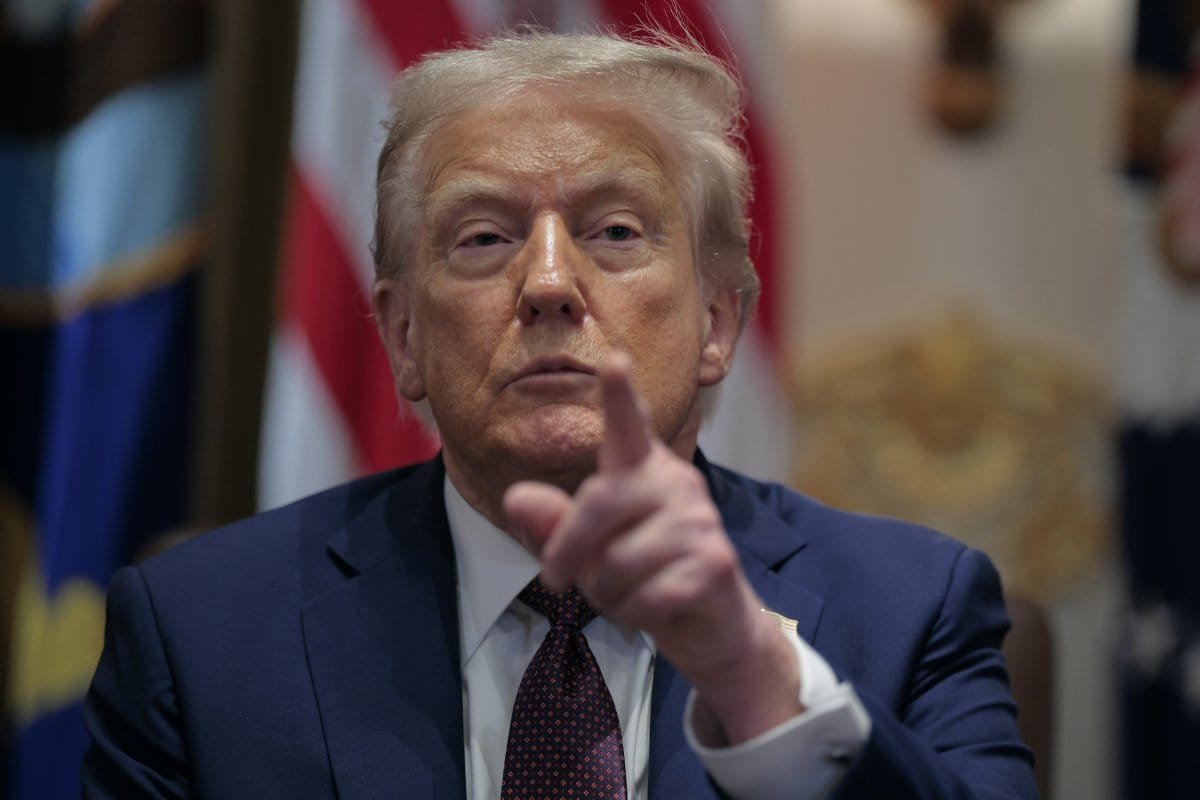Trump’s Proposed Cuts to ILO and WTO Signal Shift in U.S. Multilateral Policy 🌐
Overview of Policy Shift 📜
The Trump administration’s proposed $107 million cut to the International Labour Organization (ILO) contributions and an initial move to reduce World Trade Organization (WTO) support mark a significant pivot in U.S. engagement with multilateral institutions. These actions, part of a broader $4.9 billion rollback in foreign aid, have raised immediate concerns about potential job losses at the ILO and funding uncertainties for the WTO, despite both organizations being later removed from the cut list. Unpaid U.S. dues and ongoing policy signals continue to fuel uncertainty. Reuters
Policy Context and Timeline ⏳
The White House employed a “pocket rescission” maneuver, a rarely used tactic to cancel congressionally approved foreign aid near the fiscal year-end, intensifying debates over spending authority. Initially, both the WTO and ILO were listed for cuts, but the administration quietly removed them after pushback from stakeholders. Agencies are still seeking clarity on unpaid 2024–2025 dues and the scope of assessed contributions. Reuters, NYT
Impact on WTO Funding and Operations 📊
Although the WTO was removed from the cut list, the brief inclusion highlighted risks to its funding. The U.S. contributes approximately 11% of the WTO’s $232 million annual budget, and delayed payments have raised concerns about operational stability. The reversal followed concerns from lawmakers and trade groups, but unpaid dues keep contingency planning active. Reuters
WTO Funding Volatility 📈
Initial Inclusion
High Volatility
Removal from List
Moderate Volatility
ILO Exposure and Staff Concerns 😟
The ILO faces significant uncertainty due to the proposed $107 million cut, representing 22% of its regular budget. Director-General Gilbert F. Houngbo noted a “lack of full clarity” on whether the reduction applies to 2025, the 2024/25 biennium, or future cycles. Staff fears of job losses persist, compounded by unpaid U.S. dues, even after the ILO’s removal from the cut list. Reuters
Case Study: Project Closures and Reassignment Strain 🔍
Earlier U.S. funding cuts led to rapid closures of ILO projects, disrupting operations. Of 229 staff tied to U.S.-funded projects, 190 faced termination, though over half were reassigned. This illustrates the cascading impact of abrupt aid shifts on multilateral bodies. Reuters
Real-World Example: Labor Program Disruption 🛠️
A U.S.-funded ILO initiative for labor inspection modernization was halted, pausing training and data-system rollouts. This caused inspection backlogs and delayed compliance, undermining worker protections and partnership credibility until alternative funding is secured.
Strategic Implications for Multilateralism 🌍
The rescission strategy and fluctuating cut lists reflect a broader recalibration of U.S. engagement with international organizations. Fiscal leverage is used to challenge programs misaligned with domestic priorities, increasing planning risks for the ILO and WTO, pressuring reserves, and potentially prompting other member states to adjust their support. NYT
Data Table: Headline Figures and Status 📋
| Item | Amount / Share | Status / Note |
|---|---|---|
| Proposed U.S. foreign aid rollback | $4.9 billion | Announced via rescission approach near fiscal year-end, intensifying funding and constitutional debate |
| ILO specific proposed reduction | $107 million | Initially listed; ILO sought clarity on assessed vs biennium scope; later reported removed from cut list but dues unpaid |
| U.S. share of ILO regular budget | ~22% | Heightens sensitivity to cuts and arrears for operations and staffing |
| WTO initial status in cuts | Listed then dropped | WTO confirmed removal after concerns from stakeholders and officials |
Operational Risks Ahead ⚠️
Despite removal from the cut list, unpaid dues, prior project closures, and the $4.9 billion rollback create staffing and program continuity risks. Agencies are prioritizing core mandates while seeking bridge funding and clarity on future U.S. contributions. Reuters
Country and Sector Spillovers 🌎
Labor-market programs, from occupational safety to skills training, face disruptions that erode trust and outcomes. WTO trade-dispute resources could also face strain if member contributions falter or programmatic discretion narrows due to U.S. policy shocks.
Frequently Asked Questions ❓
What does the proposed WTO funding cut mean for global trade governance?
A prospective WTO funding cut would challenge core administrative functions, but the organization was removed from the U.S. cut list after concerns from lawmakers and trade groups. Arrears and policy volatility keep governance risks elevated. Reuters
How serious are potential ILO job losses under the $107 million proposal?
Staff fears and internal briefings highlight uncertainty, with the U.S. covering ~22% of the ILO budget. Despite removal from the cut list, unpaid dues and prior project closures keep job loss risks in focus. Reuters
How does this fit into broader Trump foreign aid policy?
The action is part of a $4.9 billion Trump foreign aid rollback using a “pocket rescission,” canceling funds late in the fiscal year, triggering debates over congressional appropriations power and international development priorities. NYT
🌐 Explore More on Global Market Today
Dive deeper into the latest updates, insights, and expert analysis across our most popular categories.
Stay informed on business, economy, AI, and more – all in one place.
📈 Market
💼 Business
🏛️ Politics
🤖 Artificial Intelligence
🔧 Technology
₿ Cryptocurrency
🌍 Economy
💰 Personal Finance
⚡ Fintech Tools
Hindi Version
